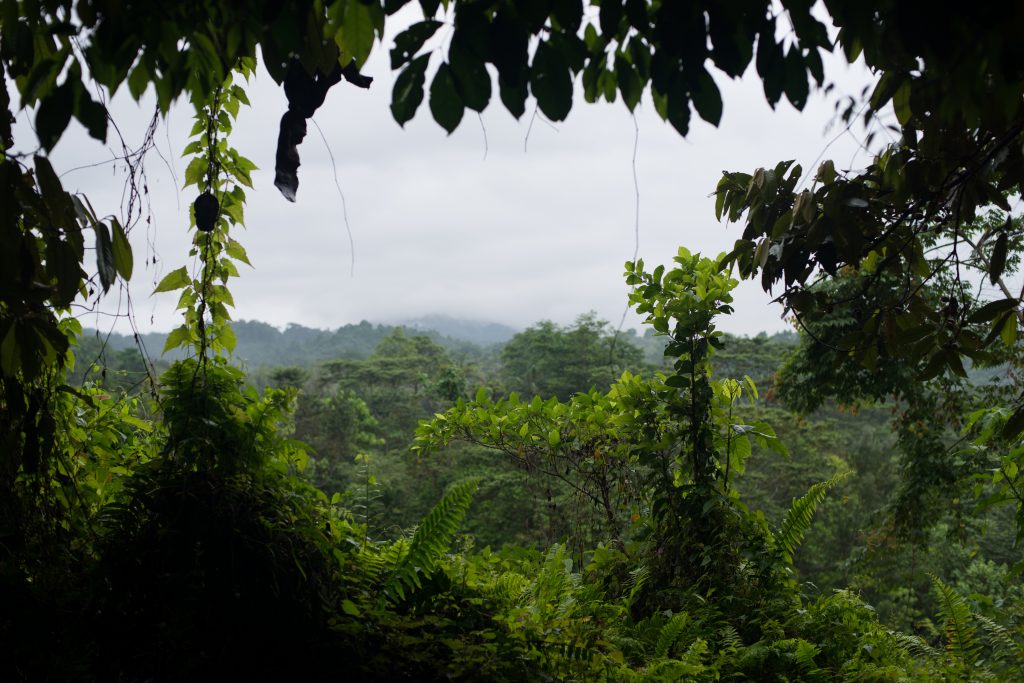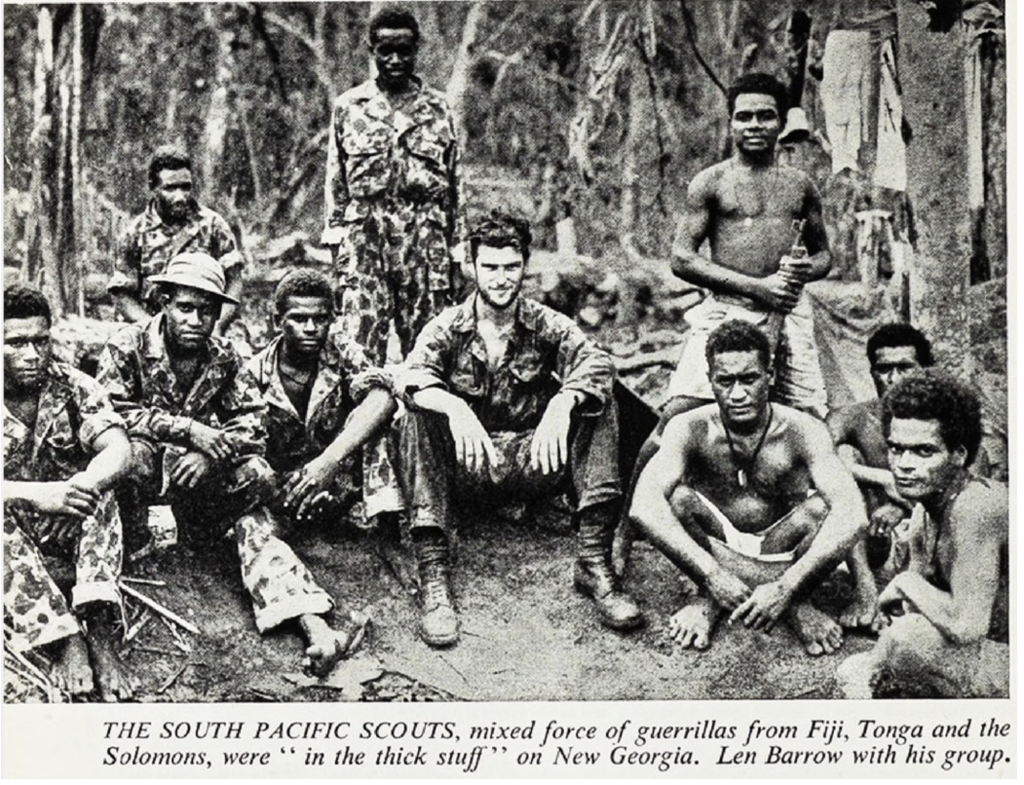
It’s no mystery why there’s an increased sense of urgency in news and commentary regarding China’s every move. Deng’s oft-quoted admonition to ‘hide your brightness; bide your time’ has become increasingly threadbare over the last decade.
We have yet to see any irrevocable actions by the CCP, but it does seem clear that the tempo of their engagement is increasing. It’s often hard to see a coherent plan in China’s decade-long drive to expand its influence, but even without one, it’s obvious the point is to dominate.
They don’t want a place at the table; they want the table itself.
That means coopting the international mechanisms that might place limits on its dominance, and diminishing the power of any nation that might contest their pre-eminence.
Australia—and to a lesser degree, New Zealand—have found themselves at the increasingly sharp end of a shoving match between the USA and China. Donald Trump’s illogical and strategy-free dust-up with his rival may actually have distracted and diffused China’s own plans, pulling them into a tit-for-tat trade war they likely didn’t want.
But opportunism has been the hallmark of Xi’s foreign policy pretty much from the start. He’s been happy to pave the most-trodden trails that his billionaires and generals have blazed and call it a (Silk) road. Sure he’s chastised those who, like Jack Ma, have wandered too far, but for all his voluminous Thought, he hasn’t really promulgated a clear vision beyond a vaguely Trumpian ‘China First’ stance.
That might be enough. The world stood by and watched Hong Kong fall. Germany has discovered that trade is the better part of valour. New Zealand has scuttled behind the ferns, hoping to escape notice. And Australia is feeling increasingly isolated and vulnerable, with no clear plan of its own, and few clear assurances from its traditional allies.
In tense times, it’s hard to resist the feeling that you should be doing something, or that what you’re already doing isn’t working.
China’s recent moves in Hong Kong, India, the South China Sea, near Taiwan and in its international trade relations are all designed either to incrementally advance its own position, or to incrementally diminish that of its rivals. They are designed to make our fear of escalation preclude any retaliation at all.
It’s a common tactic, used by most powerful nations at one point or other. It’s specifically what a Rules-Based Order is designed to curtail. When we accept that there are objective limits to behaviour, the ability to bluster and bluff is diminished. Retaliation is placed outside the bilateral relationship, and is applied in a predictable and repeatable manner.
China’s not the first to deviate from this regime. They’re just the ones who are clear about wanting to be quit of it.
No, wait: That’s not accurate. They want to replace the Western rule set with their own.
For decades, the world has watched the USA diligently applying trade rules, treaties and international law to every problem but its own. It has championed the development and maturation of the WTO, the UN and countless other institutions. And it has flouted them with equal energy and aplomb.
Their (mostly) unspoken role from the start has been to maintain order, not to subject themselves to it.
To a lesser degree, this is the path that Australia has followed.
In the Pacific in particular, Australian foreign policy has been served with large helpings of ‘do as I say, not as I do.’ For all its claims that its aid is benevolent and altruistic, it becomes negotiable and subject to review the instant Australian national interests are challenged.
In fairness, there’s been a lot more carrot than stick over the last five years. The Pacific Step Up has consisted largely of fatter budgets and more attention to Pacific island priorities, often at the expense of broader global engagement.
This is a direct response to the more transactional approach taken by China when dispensing foreign assistance. With one major proviso, it can be described simply as ‘Be a good friend, and be rewarded.’
The proviso is that, as I hinted above, Xi isn’t always driving the agenda. Commercial interests play an oversize role here. CCECC is arguably more influential than the CCP in the Pacific. Kickbacks, incentives and fat contracts are honey to our political classes, and to Chinese contractors who are increasingly desperate to keep the income flowing.
But again, Xi’s schtick is to pave the pathways and call it policy.
After China pulled Solomon Islands out of Taiwan’s orbit, there was some speculation about what would happen to MPs’ constituency development funds. These funds have grown over the last two decades to achieve an outsized importance in the political landscape. They dominate the budget. They create a significant incumbency factor. In the past, MPs had a slightly more than 50 percent chance of being re-elected. In recent years, the return rate is over 75 percent.
As one academic put it, you either have to be an incumbent or rich to stand a chance of being elected.
Taiwan was largely responsible for creating these funds, but spent the better part of a decade extricating itself from them. By the time it left, its contribution to the CDF was negligible. The Chinese were reportedly hesitant to support them at all, but that stance seems to have shifted. It may be that they see the benefits of being greeted by the same faces every time they come calling.
It’s been rumoured that they’re considering exporting the tactic, too. As early as March this year, we may see an announcement concerning Chinese ODA being given directly to Vanuatu MPs. If this happens—and that’s still a live question—it would likely coincide with a trip to China for some of them.
China’s increased reliance on grants and gifts rather than commercial or concessional loans is an indication that the CCP is willing to nationalise what were primarily commercial relationships.
The question of how to counter what’s perceived to be a tightening grip on Pacific power elites is, quite rightly, a pressing concern in Canberra. There is an increasingly loud chorus arguing they should fight fire with fire. The same kind of transactional approach should be taken. Individual MPs, ministers and power brokers should be wooed away from China. Not for reasons of ideology or national interest, but simply because Australia is the better friend.
This will no doubt appeal to Scott Morrison, who excels at building personal relationships, and who downplays principle in the face of politics.
There’s a certain logic to playing to his strengths. But he should resist it. The reason is simple: If it comes down to a bidding war, Australia will lose.
The only way to win is not to play.
It’ll be tricky, trying to find the balance. But Australia’s national interest is best served by sticking to principle, to making the International Rules Based Order stronger, not weaker. And that means subjecting itself to those Rules, too.
Climate change is a global imperative, and must be recognised as such.
Australia may have a momentary respite in trade and diplomatic pressure as China re-orients to face smarter, more coherent opposition from the USA. It should use that time to reformulate and re-energise its support for democratic principles. That means renewed institutional support for large-scale labour mobility and freedom of movement generally, good governance processes, stronger media relations, backstopping security and strategic concerns, and Being There when disaster strikes.
Australia’s longer-term commitments in the areas of health, education security and governance often go overlooked. That’s because they’re designed to be low-key, driven by local actors, and responsive to local needs. But most of its successes have come from here.
A few of its failures have too, but they too tend to be less visible. Better still, they’re correctable. Longer timelines make recalibration not only easier, but inevitable.
Scott Morrison needs to see beyond his own tenure as Prime Minister in order to navigate Australian competition with China in the Pacific. That means DFAT and Defence primarily will have to do some quick work to plot a longer course in the face of a rapidly shifting geopolitical landscape.
The Village Explainer is a semi-regular newsletter containing analysis and insight focusing on under-reported aspects of Pacific societies, politics and economics.


